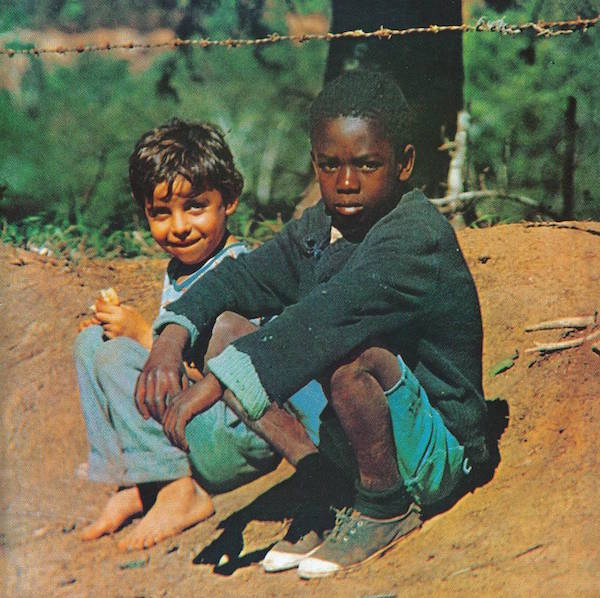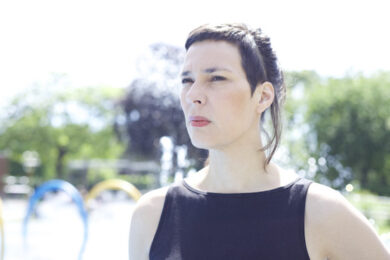8. Milton NascimentoClub de Esquina

I remember when we first got it I could only see the darkness of it. I couldn’t get underneath it where all the light is. I was impermeable to it somehow. And one day, you wonder what happens, why did I not get this? One day the door opened and I received all of its beauty. I could not believe that I had not been able to hear it before. In terms of being a composer, for me Milton Nascimento is on the top shelf. There is such a power in the chord changes. He’s got to be the king of those, in my world at least. What I like about music is that it’s transformative and it’s transporting, and I think he’s my favourite transporter of all. You go on such journeys with his songs, and this is difficult to do. He obviously has a gift and also works very hard at it. He’s very dedicated to his art. But I’ve rarely been so transported as when listening to this album, and I don’t ask much more of music sometimes than just to be transported.
I was not really aware of the lyrical content that much. The sleeve tells you a lot, for sure, about people struggling or just being resigned to certain conditions. I’ve been to Brazil a couple of times and you see quite a lot of poverty, but a lot of poorer people do own a big TV to watch the football on, and I didn’t feel like ‘oh my god this is about to explode’, like I did in America in certain quarters. In some poor quarters of North America there is such tension, but I didn’t feel the same tension in Brazil. It’s more mellow even among the poorer classes. I know that it’s very divided, with a lot of walls and high security buildings for the richer middle classes, but I felt that the poorer people weren’t on the verge of rioting: somehow there was more acceptance. I don’t know; obviously there are very complex societal issues, but this album captures a sense of joy and beauty and it’s amazing to put that into music. We all have joy: it’s inbuilt, and music can help us find that joy, that joi d’vivre.


